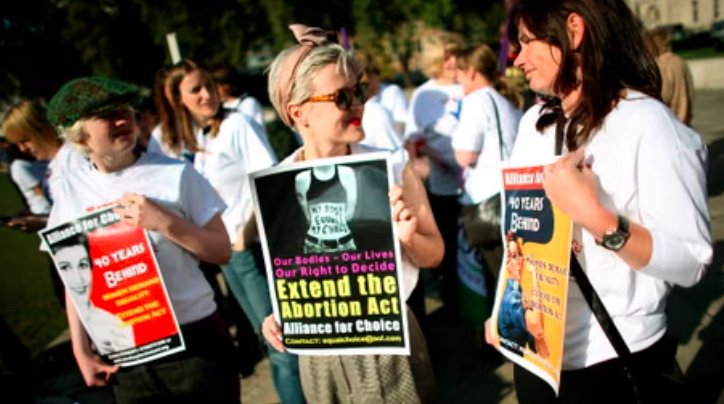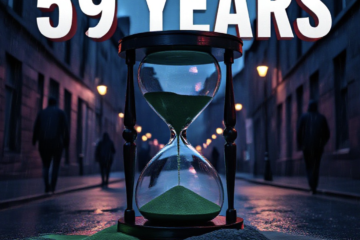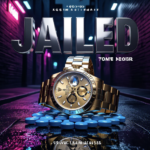Christian groups in Scotland are calling on the government to reject bold proposals that could allow abortions up to birth. The push comes after an expert panel released recommendations on November 14, 2025, to overhaul the nation’s outdated abortion laws and treat the procedure as standard healthcare.
Current Abortion Rules in Scotland
Scotland follows the Abortion Act of 1967, which sets strict limits on when and why abortions can happen. Under this law, most abortions are legal only up to 24 weeks if two doctors agree the pregnancy risks the woman’s health or involves a serious fetal issue.
After 24 weeks, abortions are rare and allowed mainly if the mother’s life is in danger or the baby has a severe handicap. This setup has been in place for decades, but critics say it no longer matches modern medical practices or women’s needs.
The law also requires two doctors to sign off on all abortions, a rule meant to protect both patients and providers. Healthcare workers can object on conscience grounds, but they must refer patients to others who will help.

Expert Group’s Key Recommendations
The Abortion Law Review Expert Group, led by Professor Anna Glasier, looked at how abortion care works today. They found the 1967 law outdated and not fit for purpose in 2025, where nurses often handle procedures that doctors once did.
Their report suggests big changes to make abortion safer and more accessible. Here are the main ideas they put forward:
- Decriminalize abortion entirely, so women face no legal risks for ending a pregnancy.
- Remove any need for specific reasons up to 24 weeks, letting women choose freely.
- Allow abortions after 24 weeks if two healthcare pros agree it’s right, without strict medical limits.
- Drop the two-doctor rule before 24 weeks and let nurses or midwives perform them.
- Keep conscience objections but require objectors to refer patients quickly.
These steps aim to match what happens in clinics now, where abortions are safe and common. The group wants a “right to abortion” in law to ensure services are always available.
Christian Campaigners’ Strong Backlash
Leaders from Christian charities like CARE say the proposals go too far and could harm women and unborn babies. James Mildred from CARE called it a backward move for Scotland, stressing that a fair society must protect life at every stage.
Caroline Ansell, CARE’s director for Scotland, labeled the ideas shocking and extreme. She worries they would lead to more late-term procedures, which carry higher risks for mothers. Other pro-life groups echo this, fearing the changes open doors to sex-selective abortions, where babies are ended based on gender.
On social media, users shared similar concerns, with posts highlighting how the report might allow terminations for non-medical reasons right up to birth. One expert noted that without bans on sex selection, it could worsen gender imbalances seen in other places.
Comparing Old and New Abortion Rules
To see the differences clearly, look at this table that breaks down the current law against the proposed changes:
| Aspect | Current Law (1967 Act) | Proposed Changes (2025 Report) |
|---|---|---|
| Gestation Limit | Up to 24 weeks for most cases; after only for severe risks | Up to 24 weeks on request; after if two pros agree |
| Approval Needed | Two doctors for all abortions | None up to 24 weeks; two pros after |
| Reasons Required | Specific grounds like health risks or handicap | No grounds needed up to 24 weeks |
| Who Can Perform | Doctors only | Doctors, nurses, or midwives |
| Criminal Status | Illegal without approval; women can be charged | Decriminalized; treated as healthcare |
| Conscientious Objection | Allowed, no referral duty | Allowed, but must refer to another provider |
This shift would make Scotland’s rules among the most open in Europe, but opponents argue it ignores ethical concerns.
Wider Debate and Public Views
The proposals tie into bigger talks on women’s rights and fetal protection. Supporters, including medical bodies like the Royal College of Obstetricians and Gynaecologists, praise the move as progress that cuts stigma and boosts safety.
Yet polls show many Scots want limits, with women often leading calls for balance. Recent events, like buffer zone laws around clinics, show growing divides. In England, similar pushes for decriminalization have sparked protests, and experts predict the same here if changes go ahead.
Sex-selective abortions are a hot button, as the report avoids banning them outright. This could draw international criticism, given how such practices fuel discrimination in parts of Asia and elsewhere.
What Happens Next for Scotland
The Scottish government has promised to review the report carefully before acting. With elections on the horizon, parties may weigh public opinion heavily, as abortion reform could sway voters.
Ministers stress that women will keep getting safe services in the meantime. But the debate rages on, with calls for more support like counseling for unplanned pregnancies instead of easier access.
As Scotland grapples with these ideas, the outcome could reshape family policies for years. Readers, what do you think about these changes? Share your views in the comments and spread the word to keep the conversation going.


















